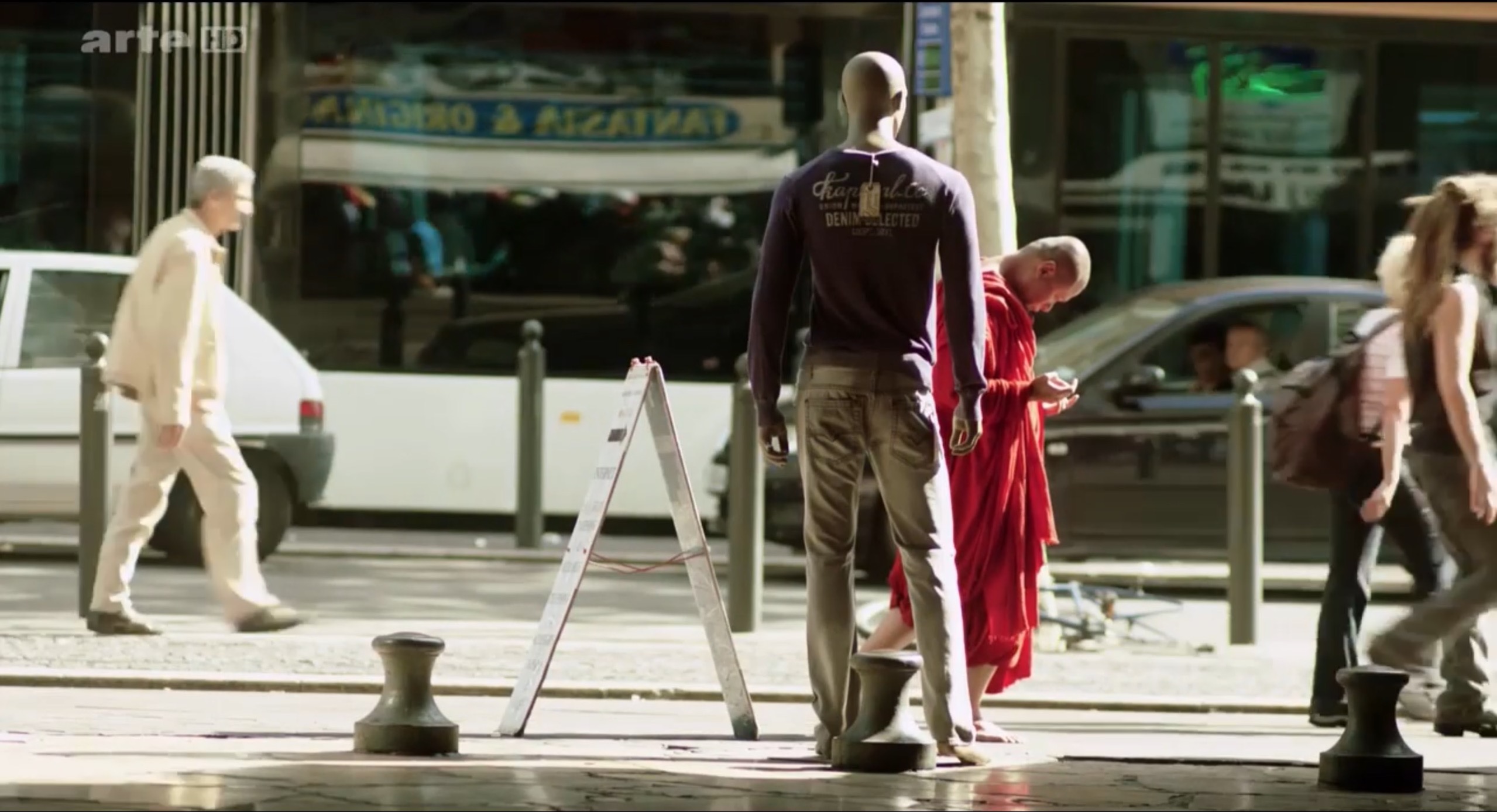What Ever Happened to Anti-Essentialism?
DOI:
https://doi.org/10.58519/aesthinv.v2i2.11968Keywords:
Waismann, Weitz, Kennick, Anti-essentialismAbstract
How should one explain the relative disappearance of a major preoccupation of English-speaking Analytical Philosophy in the late 1950s/early 1960s: an anti-essentialist response to the question, ‘What is art?’, typified in papers by Kennick and Weitz? Minimally, anti-essentialism denies the widely-held assumption that something must be in common between all the instances where (in our case) the term “[fine] art” or the concept art is rightly ascribed, in virtue of which all are called ‘art’; a stronger version urges that, in fact, there is no essence to (our example) art.
Downloads
References
Baker, Gordon. 1997. “Preface.” In F. Waismann: Principles of Linguistic
Philosophy (Second Edition), xi–xxiii. Palgrave Macmillan.
Bell, Clive. 1914. Art. London: Chatto & Windus.
Carroll, Noël. 2000. Theories of Art Today. Madison: University of Wisconsin.
Especially “Introduction”: 3-24.
Danto, Arthur. 1964. “The Artworld.” Journal of Philosophy 61 (19): 571–584.
— 1981. The transfiguration of the commonplace: a philosophy of art.
Cambridge, MA: Harvard University Press.
— 1987. “The De Kooning Three-Seater.” In The State of the Art,
–61. New York: Prentice Hall.
— 1989. “The Artworld.” In Aesthetics: A Critical Anthology, edited
by R. Sclafani & R. Roblin G. Dickie, 171–182. New York: St. Martins
Press.
— 1997. After the End of Art: Contemporary Art and the Pale of
History. Princeton: Princeton University Press.
— 2000. “Art and Meaning.” In Theories of Art Today, edited by Noël
Carroll, 130–140. Madison: University of Wisconsin.
— 2013. What Art Is. New Haven: Yale University Press.
Dickie, George. 1974. Art and The Aesthetic: An Institutional Analysis.
Ithaca, NY: Cornell University Press.
Frege, Gottlob. 2013 (1893/1903). The Basic Laws of Arithmetic. Oxford:
Oxford University Press.
Gallie, W. B. 1948. “The Function of Philosophical Aesthetics.” Mind.
Reprinted in Elton (ed.). 1959. Aesthetics and Language. Oxford: Blackwell:
-35.
Kennick, William. 1958. “Does Traditional Aesthetics Rest on a Mistake?”
Proceedings of the Aristotelian Society, vol. Supplementary volume.
Reprinted in Cyril Barrett (ed.). 1965. Collected Papers on Aesthetics.
Oxford: Blackwell: 1-21.
Lopes, Dom. 2014. Beyond Art. Oxford: Oxford University Press.
Mandelbaum, Maurice. 1965. “Family Resemblances and Generalizations.”
American Philosophical Quarterly, pp. 219–228.
McFee, Graham. 2011. Artistic Judgement. Dordrecht, Nl.: Springer Verlag.
— 2015. How To Do Philosophy: A Wittgensteinian Reading of
Wittgenstein. Newcastle-Upon-Tyne: Cambridge Scholars Press.
Sayers, Dorothy Leigh, and Marion Cumming. 1937. Gaudy night. Royal
Society for the Blind of South Australia.
Suits, Bernard. 1995. “The Elements of Sport.” In Philosophic Inquiry in
Sport (second edition), edited by W. J. Morgan and K. V. Meier, 8–15.
Champaign, IL: Human Kinetics.
Travis, Charles. 2008. Occasion-Sensitivity: Selected Essays. Oxford: Oxford
University Press.
Waismann, Frederich. 1945. “Verifiability.” Proceedings of the Aristotelian
Society, vol. Supplementary volume. Reprinted in his How I See Philosophy
London: Macmillan: 39-66.
Weitz, Morris. 1956. “The Role of Theory in Aesthetics.” Journal of Aesthetics
and Art Criticism. Reprinted in Joseph Margolis (ed.), 1962.
Philosophy Looks At The Arts. New York: Scribners: 48-60.
Wisdom, John. 1965. Paradox and Discovery. Oxford: Blackwell.
Wittgenstein, Ludwig. 2009 (1953). Philosophical Investigations – cited as
“PI”. Oxford: Blackwell.
— 1958. The Blue and Brown Books – cited as “BB”. Oxford: Blackwell.
— 1974. Philosophical Grammar – cited as “PG”. Oxford: Blackwell.
— 2004. The Big Typescript: Ts 213 – cited as “BT”. Oxford: Blackwell.
Wittgenstein, Ludwig (and Frederich Waismann). 2003. Voices of Wittgenstein – cited as “VoW”. London: Routledge.
Downloads
Published
Issue
Section
License

This work is licensed under a Creative Commons Attribution 4.0 International License.
Authors who publish with this journal agree to the following terms:
Authors retain copyright and grant the journal right of first publication with the work simultaneously licensed under a Creative Commons Attribution License that allows others to share the work with an acknowledgement of the work's authorship and initial publication in this journal. Note: up to volume 4 issue 1, an incorrect copyright line appears in the PDFs of the articles.
Authors are able to enter into separate, additional contractual arrangements for the non-exclusive distribution of the journal's published version of the work (e.g., post it to an institutional repository or publish it in a book), with an acknowledgement of its initial publication in this journal.
Authors are permitted and encouraged to post their work online (e.g., in institutional repositories or on their website) prior to and during the submission process, as it can lead to productive exchanges, as well as earlier and greater citation of published work (See The Effect of Open Access).






